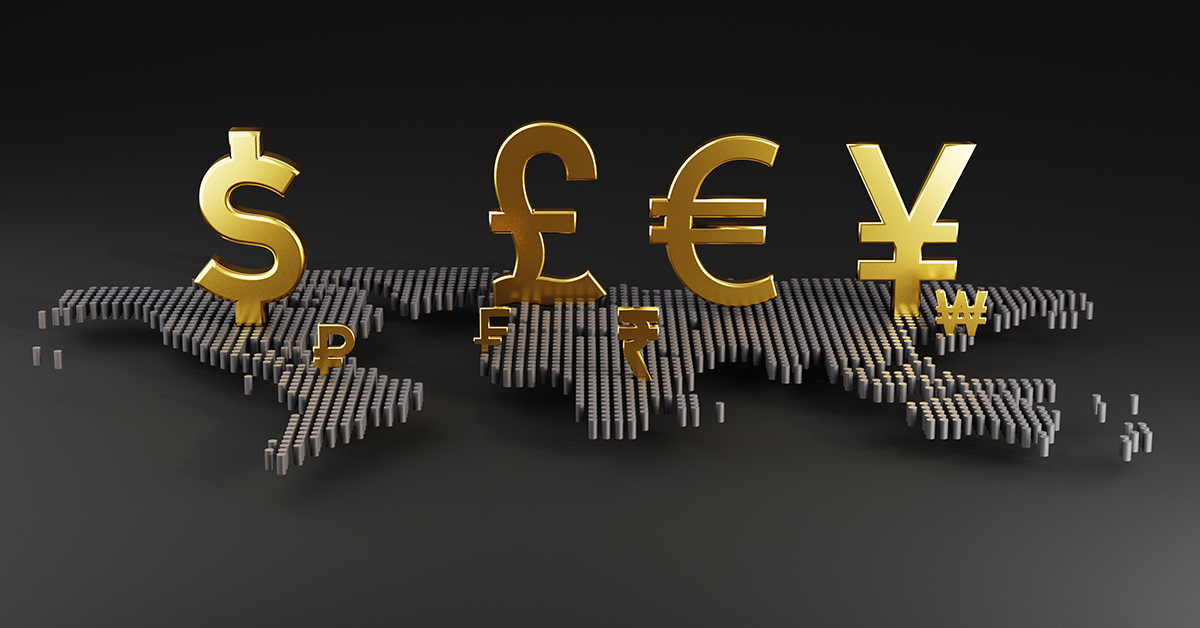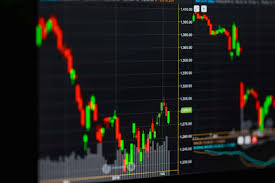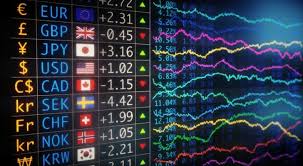
Understanding the Meaning of Forex Trading
Foreign exchange trading, commonly referred to as Forex trading, is the act of buying and selling currencies with the aim of making a profit. This dynamic market is the largest and most liquid financial market in the world, with a daily trading volume exceeding $6 trillion. Within this article, we will explore the meaning of Forex trading, its operational mechanisms, and how individuals and institutions can participate in this lucrative market. You can also find reliable information on forex trading meaning Argentina Brokers for your trading needs.
The Basics of Forex Trading
Forex trading involves the exchange of one currency for another, which is necessary for international trade and investment. For example, if a trader believes that the euro (EUR) will strengthen against the US dollar (USD), they will buy EUR and sell USD. Currency pairs, such as EUR/USD or GBP/JPY, are used to represent the relationship between the two currencies in the market.
Currency Pairs
In the Forex market, currencies are traded in pairs. Each pair consists of a base currency and a quote currency. The base currency is the first currency listed, and the quote currency is the second. For instance, in the pair EUR/USD, the euro is the base currency, and the US dollar is the quote currency. The exchange rate indicates how much of the quote currency is needed to purchase one unit of the base currency.
Market Participants

The Forex market consists of various participants, including:
- Central Banks: They manage a country’s currency, money supply, and interest rates.
- Financial Institutions: Banks and hedge funds often trade large volumes for speculative purposes.
- Corporations: Businesses that need to exchange currency for international operations.
- Retail Traders: Individual traders who access the market via online trading platforms.
How Forex Trading Works
Forex trading takes place over-the-counter (OTC), meaning that it does not occur on a centralized exchange. Instead, trades are executed electronically via a network of banks and financial institutions. Traders use various platforms to buy and sell currencies, analyze market trends, and make informed decisions based on their strategies.
Leverage in Forex Trading
One of the most attractive features of Forex trading is the ability to trade on margin, which allows traders to control larger positions with a smaller amount of capital. Leverage can amplify profits, but it also increases the risk of losses. As such, it is essential for traders to understand how leverage works and utilize it wisely.
Strategies for Forex Trading
Successful trading in the Forex market requires skill, discipline, and a well-thought-out strategy. Some commonly used Forex trading strategies include:

- Day Trading: Buying and selling currencies within the same day to capitalize on short-term price movements.
- Swing Trading: Holding positions for several days or weeks to capture longer-term trends.
- Scalping: Making numerous small trades to profit from tiny price changes.
The Role of Economic Indicators
Economic indicators play a crucial role in Forex trading, as they provide insights into the health of an economy. Key indicators to watch include:
- Gross Domestic Product (GDP): Measures a country’s economic performance.
- Inflation Rates: Indicate the cost of goods and services and can affect interest rates.
- Unemployment Rates: Reflect the state of the job market and consumer spending.
Risks Involved in Forex Trading
Forex trading is not without its risks. The market’s volatility can lead to significant gains or losses, and factors such as geopolitical events, economic data releases, and market sentiment can influence currency prices. Traders must implement risk management strategies, including setting stop-loss orders and position sizing, to protect their capital.
Conclusion
Forex trading offers a unique opportunity for traders to engage in the global economy by exchanging currencies. Understanding the basics of the Forex market, its participants, and the associated risks is crucial for success. As the market is continuously evolving, staying informed and adopting sound trading strategies can enhance the chances of profitable trading. For those in Argentina, choosing the right broker can significantly impact your trading success. Learning the meaning of Forex trading is just the start of a potentially profitable and rewarding journey in the financial markets.

